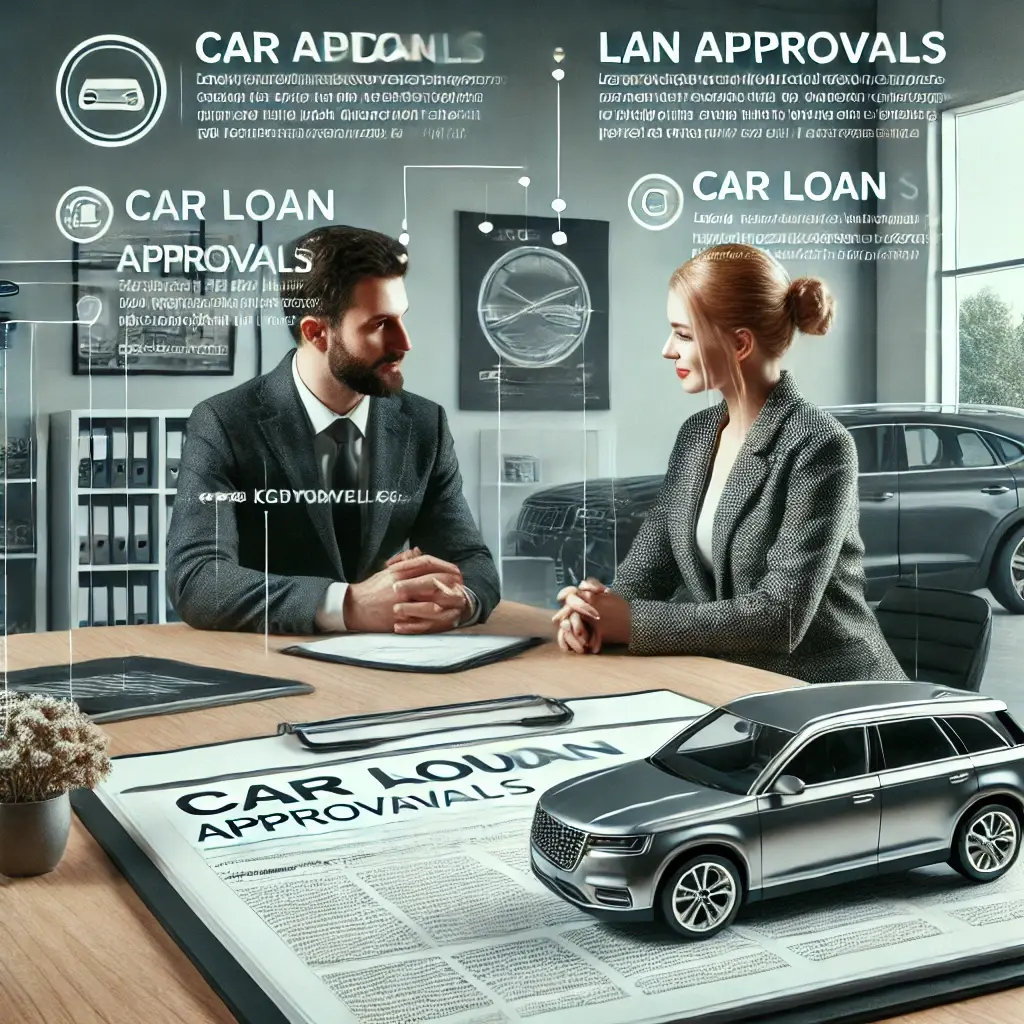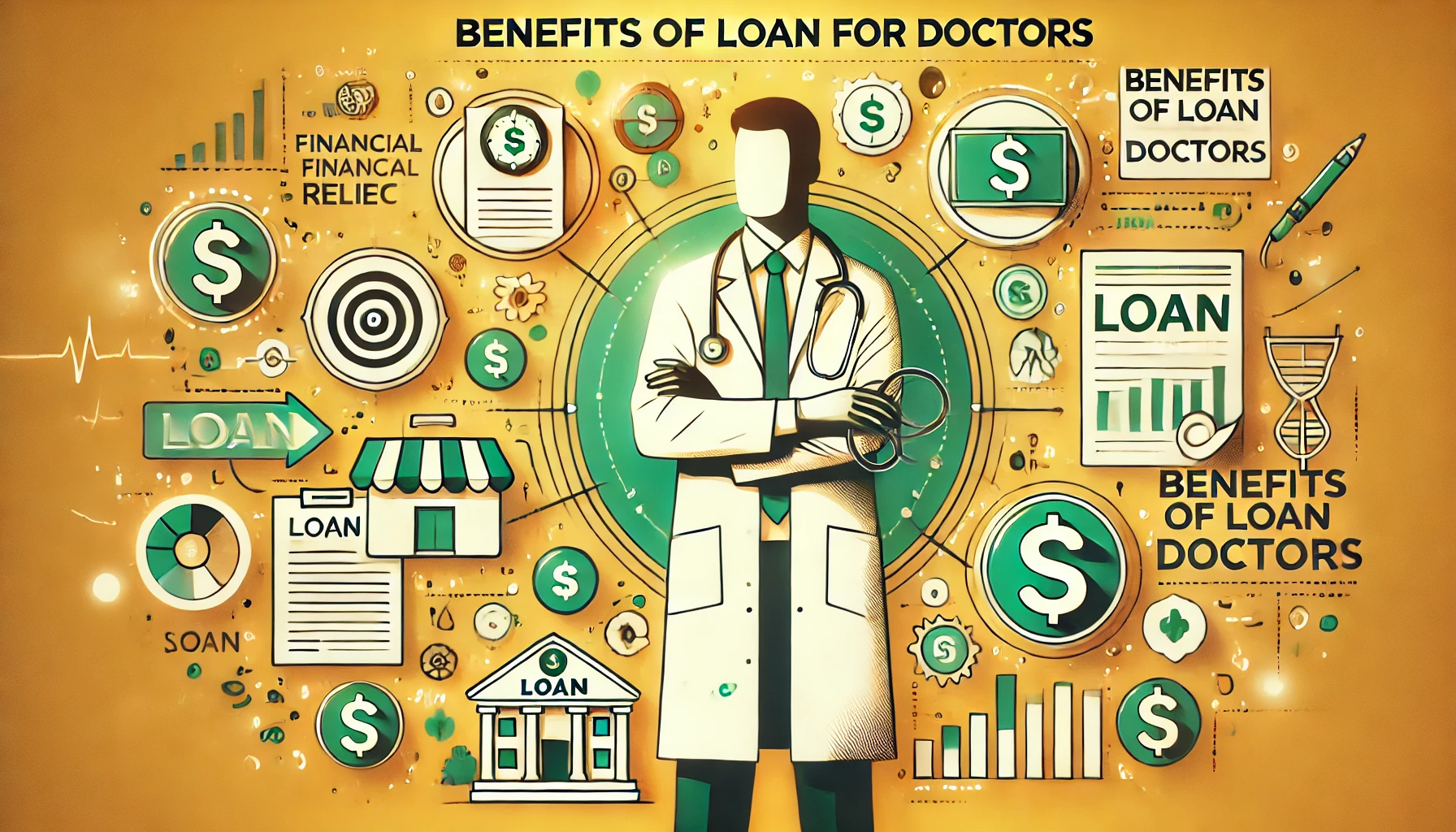Have you ever asked yourself, “How soon can I refinance my car loan after purchase?” Many people want to refinance their vehicles to save money or secure better terms. If you recently bought a car, you might already be thinking about how car refinance works and when you can start the process.
When you refinance a loan, you replace the original loan with a new loan. This can lead to benefits like a lower interest rate and more manageable payments. If your credit score has improved, now might be the perfect time to refinance an auto loan and improve your financial situation.
Car Loan Refinancing
Refinancing your loan allows you to replace your current loan with better terms. This step may be able to refinance your car at a lower interest rate or adjust your payment schedule. Many people want to refinance their car when their credit score has improved or they find better offers from lenders.
How Soon Can You Refinance a Car Loan After Purchase?
Key Factors to Consider Before Refinancing Your Auto Loan
It may make sense to refinance if you want better loan terms. If your credit score has improved since you got the initial loan, you can secure lower rates. Ensure the car title is clear, as lenders often require this before approving refinance loans. Before deciding to refinance, it’s a good idea to use a refinance calculator to estimate the potential savings you might get from refinancing your car loan.
When Is the Right Time to Refinance a Car Loan?
Is Refinance a New Car Loan a Good Idea?
You can choose to refinance your outstanding loan when you find a lender offering better terms. Replacing the initial loan with a loan with a new interest rate or structure can save you money. This type of loan works well if you want to pay off your loan faster or adjust monthly payments.
How Long Should You Wait Before Refinancing Your Auto Loan?
When Do You Need to Refinance Your Car Loan?
Refinancing doesn’t make sense to refinance if the terms won’t save you money. Consider the potential savings from refinancing before deciding. If you plan to keep the car long-term and can secure better terms than when you took out your original loan, refinancing might help.
Steps to Refinance Your Vehicle
Determine if it’s right for you
First, assess if the loan can be a smart financial move for you. Check if you can afford to repay the loan in full or if refinancing is necessary to lower payments. Also, ensure you qualify for refinancing by reviewing your financial situation and vehicle terms like hire purchase.
Check your credit
Compare lenders and rates
Before you consider refinancing, compare multiple lenders to find the best deal. Look at factors like interest rates, fees, and the length of the loan. This step helps you decide if extending the loan term or changing other terms suits your needs.
Apply for refinancing
Once you’ve chosen a lender, apply to refinance your outstanding loan balance. Lenders may approve your application as soon as the car title is ready and your paperwork is complete. Ensure you understand the new terms before moving forward.
Finalize the loan
Pay off your old loan
To refinance, you first need to clear your existing debt. Use the new refinancing agreement to pay the interest on the loan and the principal amount. This step ends the old agreement and sets you up for a loan at a lower rate.

How to Apply to Refinance a Car Loan
Start by gathering financial documents and checking your credit score. Ensure you’ve been consistent in making your car payments. Submit an application to a lender offering favorable terms, like a shorter loan term can lower your overall cost.
Tips to Refinance My Car Loan Quickly and Efficiently
Benefits and Challenges of Refinancing
Why Refinancing Your Auto Loan May Be Beneficial
Refinancing can save you money if the value of the car is still high and lenders are willing to refinance. You can replace your existing loan with a new one at better rates, but ensure the process aligns with your financial goals.
How Refinancing Can Affect Your Credit Score
If you refinance a car loan after purchase, it may slightly impact your credit score. The inquiry on your credit and the payments on your refinanced loan can influence it positively or negatively. However, timely payments can boost your score over the life of the loan.
How Refinancing a Car Loan Impacts Monthly Payments and Loan Terms
Things to Consider Before Refinancing
How Your Credit Score and Interest Rate Affect Refinancing
Your credit score and interest rate determine if it’s a good idea to refinance. A better score helps you get a loan with lower rates. Check how much your car is worth to ensure refinancing aligns with your goals.
Car Finance Tips for Refinancing Your Vehicle
If you are looking to refinance, calculate the potential savings from refinancing. Be aware of fees associated with refinancing and ensure they don’t outweigh the benefits. A longer loan term can lower payments but may cost more in the long run.
Key Considerations Before You Refinance a Car Loan
Comparing Refinancing Options
Should You Refinance a Car Loan Right Away?
If you just bought a car, refinancing at this stage could save money if you find better car finance deals. However, refinancing might not be worth it if the terms of your current loan are already favorable. Many people wonder if they can refinance a car with the same bank. It’s worth checking with your current lender as they may offer better terms to retain your business.
Why Refinance My Car vs. Waiting Longer?
When you recently completed purchasing your car, you may wonder whether to act now or wait. Refinancing is ideal when rates drop or your credit improves, but delaying might offer even better car finance deals. Assess your financial goals carefully.



